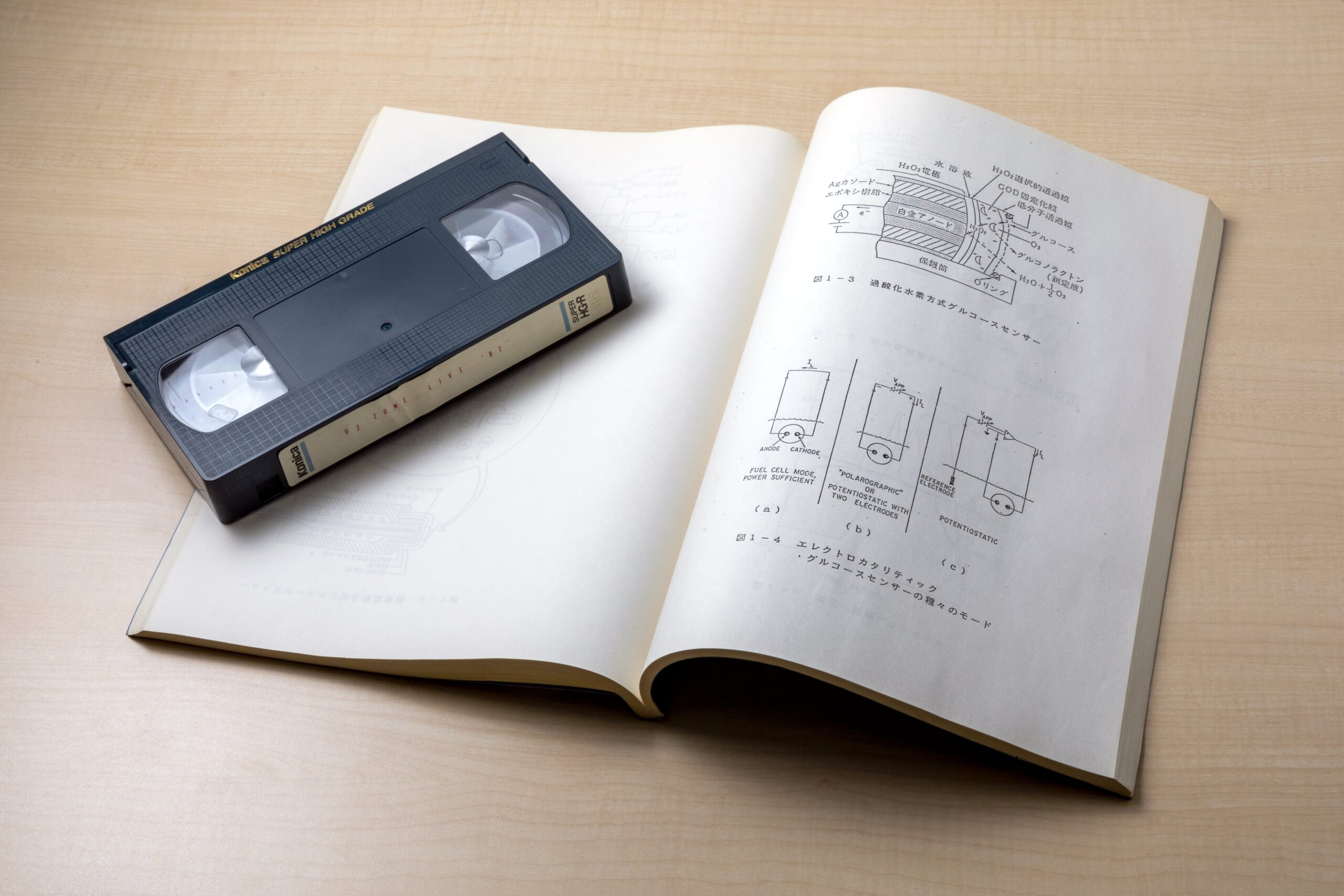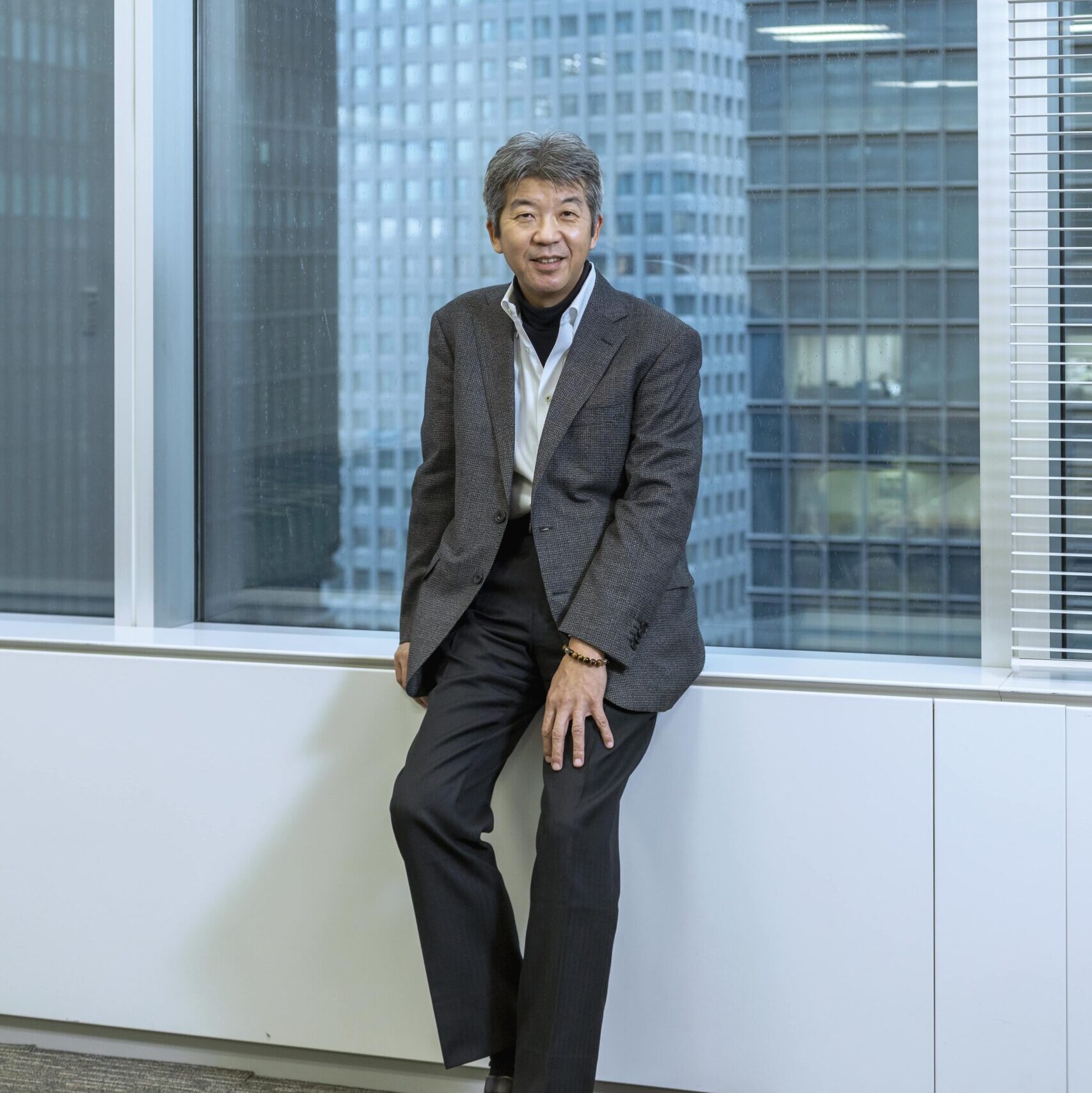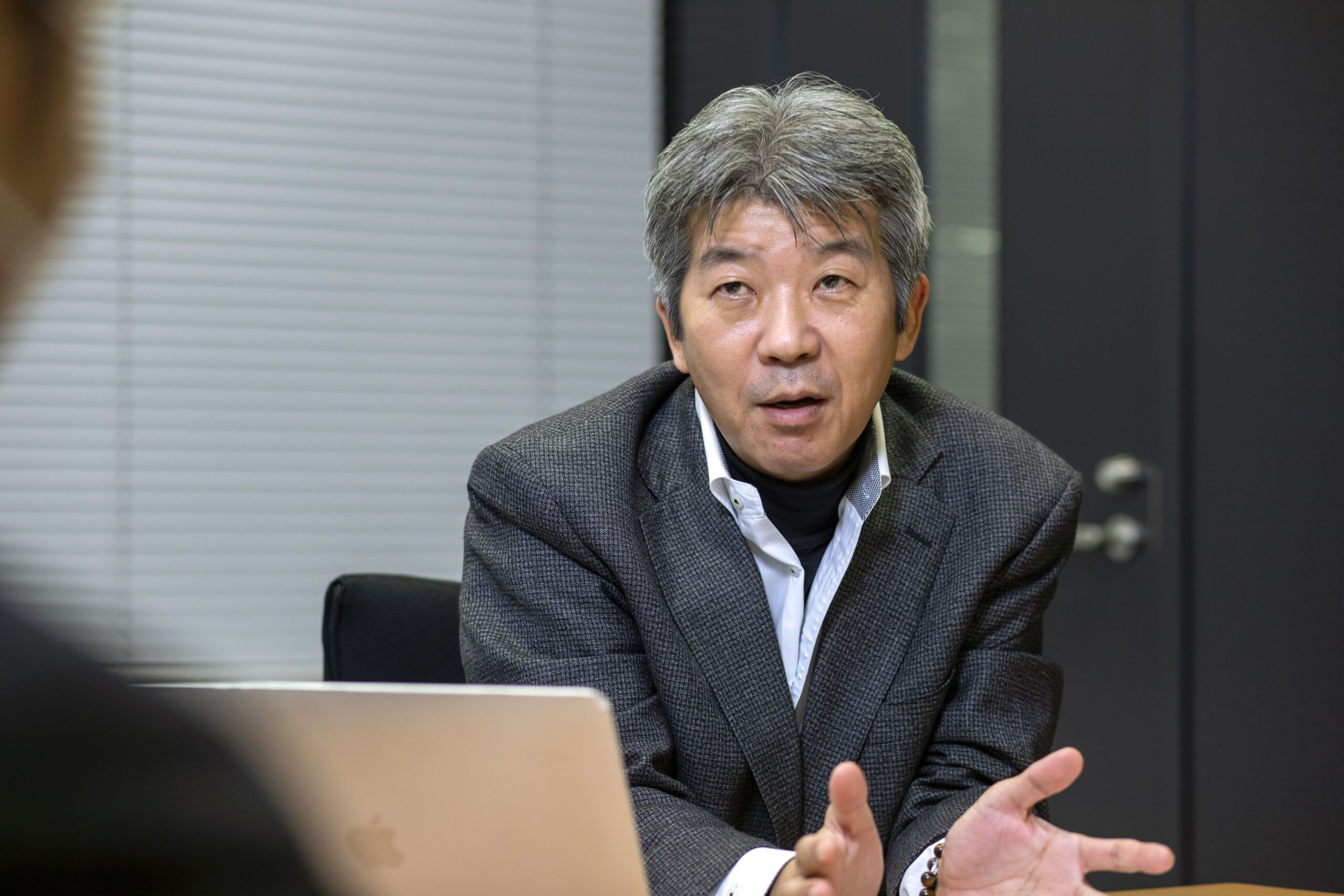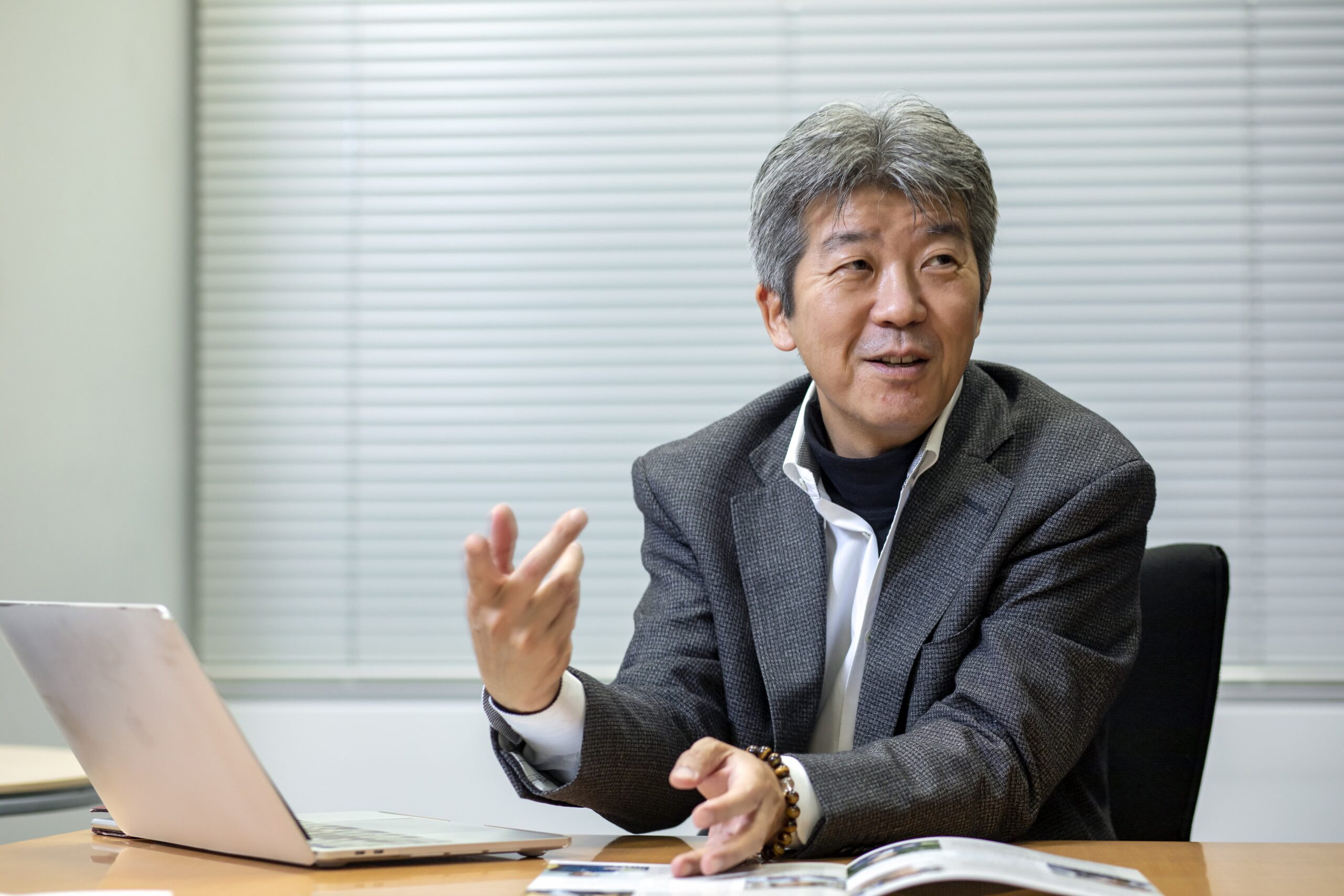Think and practice from “exactly halfway between” arts and sciences
University News | November 10, 2021
This article was published in the Spring 2021 issue of Litterae Populi. The full issue can be found here.
Mr. Hiroyuki Ono is operating a business to improve the sales and productivity of companies through the centralized management of customer information using cloud (online) computing services. He spoke with us about the background to his creative ideas and active behavior, looking back on his corporate activities and school days.
- Hiroyuki Ono
- SunBridge Inc. Chairman & CEO (at the time of interview); United-bus Corp. President (from April 2021).
Graduated from the School of Engineering and Graduate School of Engineering, Hokkaido University.Profile: Born in Hokkaido in 1964. Graduated from the Hokkaido University School of Engineering in 1987. After completing the master’s course of the university’s Graduate School of Engineering in 1990, joined Recruit Co., Ltd. and launched the commercialization of Internet services as the manager in charge of new projects. Involved in the creation of numerous new projects for domestic IT vendors. Has participated in the management of Sunbridge Group Ltd. since 2009, and assumed the current position in April 2021. His unique approaches and provision of services from the viewpoint of companies have always been highly valued.
Please start by telling me about your current work.
A decade ago, companies usually conducted sales by organizing exhibitions, placing ads and conducting personal sales. However, the spread of the Internet has changed the situation completely. Customers obtain product information from websites. Therefore, a method called “marketing automation” was introduced. It redirects sales activities toward only those customers who have a certain level of interest, through the centralized management and automatic analysis of information on customer behavioral patterns and motivation to buy. As a result, the sales and productivity of companies will improve dramatically. Business is a science based on calculable predictions, rather than on spiritualism. We support corporate activities by proposing such marketing mechanisms.
How did you spend your university days?
As an undergraduate, I conducted basic research on optical sensors in the Division of Applied Physics of the School of Engineering. In graduate school, I was interested in bionics and ventured into the unexplored field of artificial organ development. My joint research with an American university hospital was discontinued immediately before my master’s thesis was due, so I had trouble. Even so, I managed to complete it. Thinking about the logical structure of research myself was a great experience. Besides studies, I was enthusiastic about rugby, traveling, tennis and other club activities, as well as playing in a band. In those days, I did everything to improve my communication skills in order to avoid becoming a biased person. I also held various part-time jobs, among which I put the most effort into teaching at a cram school. The school had a “class-based teacher assignment system,” so I was responsible for guiding my students. It was hard working long hours preparing for classes and giving makeup classes late at night, but I had a feeling of achievement and the experience became the foundation for my current job.
You found a job in a field totally different from science, didn’t you?
I thought about advancing to the doctoral course, but I joined Recruit Co., Ltd. and later left there for a venture company. The business world depends heavily on individual expertise. I thought such expertise could be “structuralized” as something that could be scientifically reproduced, and I put that idea into practice. A key phrase I’ve been using for many years is “analog-digital conversion.” The world of relationships with customers is an “analog” art, whereas the world of technology is a “digital” science. I’ve practiced matching with customers by giving presentations on how they can use technology to solve their problems, as I think such matching is necessary and creates business opportunities. The analog world will never become completely digital no matter how hard we try. That’s why it’s so important to facilitate analog-digital conversion as smoothly as possible. Human resources who can play active roles “exactly halfway between the arts and the sciences” will be required in the future.
What do you try to do in everyday life to cultivate a creative point of view?
I watch what happens in emergencies—for example, in the Great East Japan Earthquake in 2011. In the world of IT, cloud services have increased dramatically, because of their cheaper prices than existing methods and the increased awareness of the importance of safety to ensure the continuation of corporate activities at times of disaster. In the days of the pandemic, what society values has changed completely, as can be seen in the general use of the term digital transformation (DX). For example, workers have shifted from commuting to working remotely, and non-face-to-face sales and project activities and online corporate seminars have become common. By providing services to keep up with such changes, our company’s productivity has improved and our sales have increased significantly.
What do you see as the potential of Hokkaido?
Because of its extensive land and geographically advantageous position, I expect Hokkaido to play a central role in terms of economy, and I have a strong desire to be involved in the prefecture and give back to it. Its food self-sufficiency is 200%, which is the highest in the country by far, and there’s technology to produce delicious rice in a cold climate. New business models that integrate IT and agriculture have already emerged. I personally believe that food and health are the most important subjects for the future. I expect Hokkaido University to create new innovations, and I hope to work together with it.

Memorabilia from university days: a videotape of band activities and a master’s thesis written by Mr. Ono.
Lastly, please give a message to the students.
When studying, it’s sometimes necessary to think autonomously and act on your own initiative. Even when you’re in such a situation, you’re in an environment where you can try different approaches, and that’s one advantage of the university. The same can be said about activities other than studying. Don’t hesitate to try innovative new things with an open mind.
This article was published in the Spring 2021 issue of Litterae Populi. The full issue can be found here.



